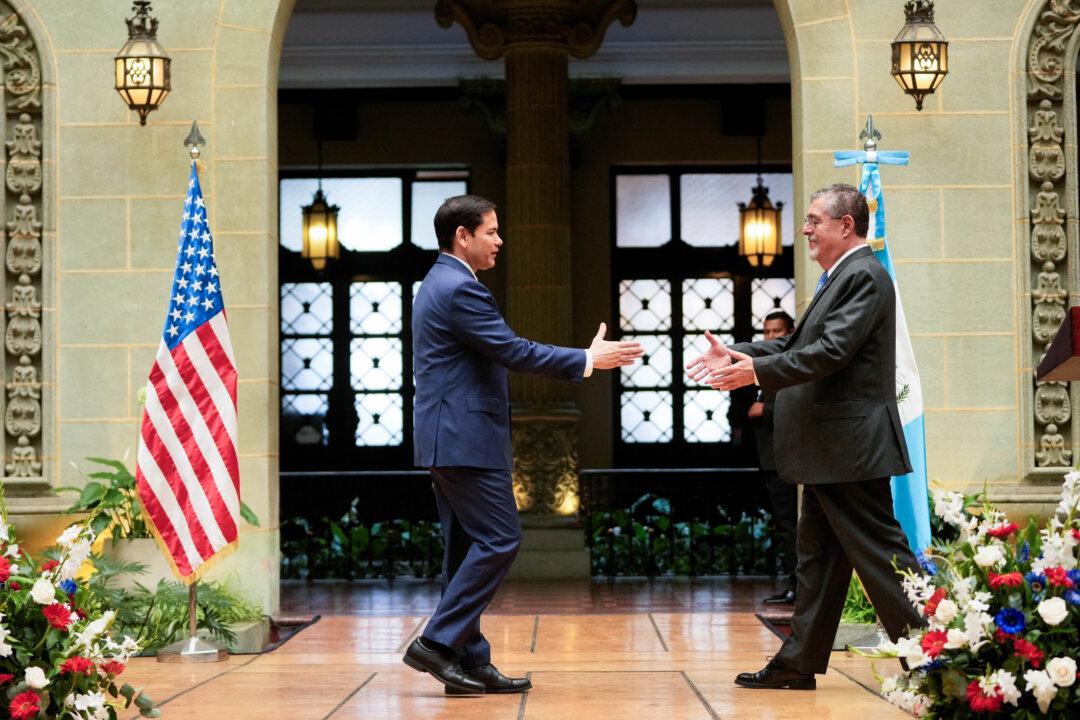Commentary
U.S. Secretary of State Marco Rubio has had a very productive trip abroad, reaching agreements with both El Salvador and Guatemala to serve as “safe third countries” for migrants who have been deported from the United States. Those pacts are key to President Donald Trump’s “mass deportation” plans because many countries won’t live up to their obligations to take their deported nationals back.

